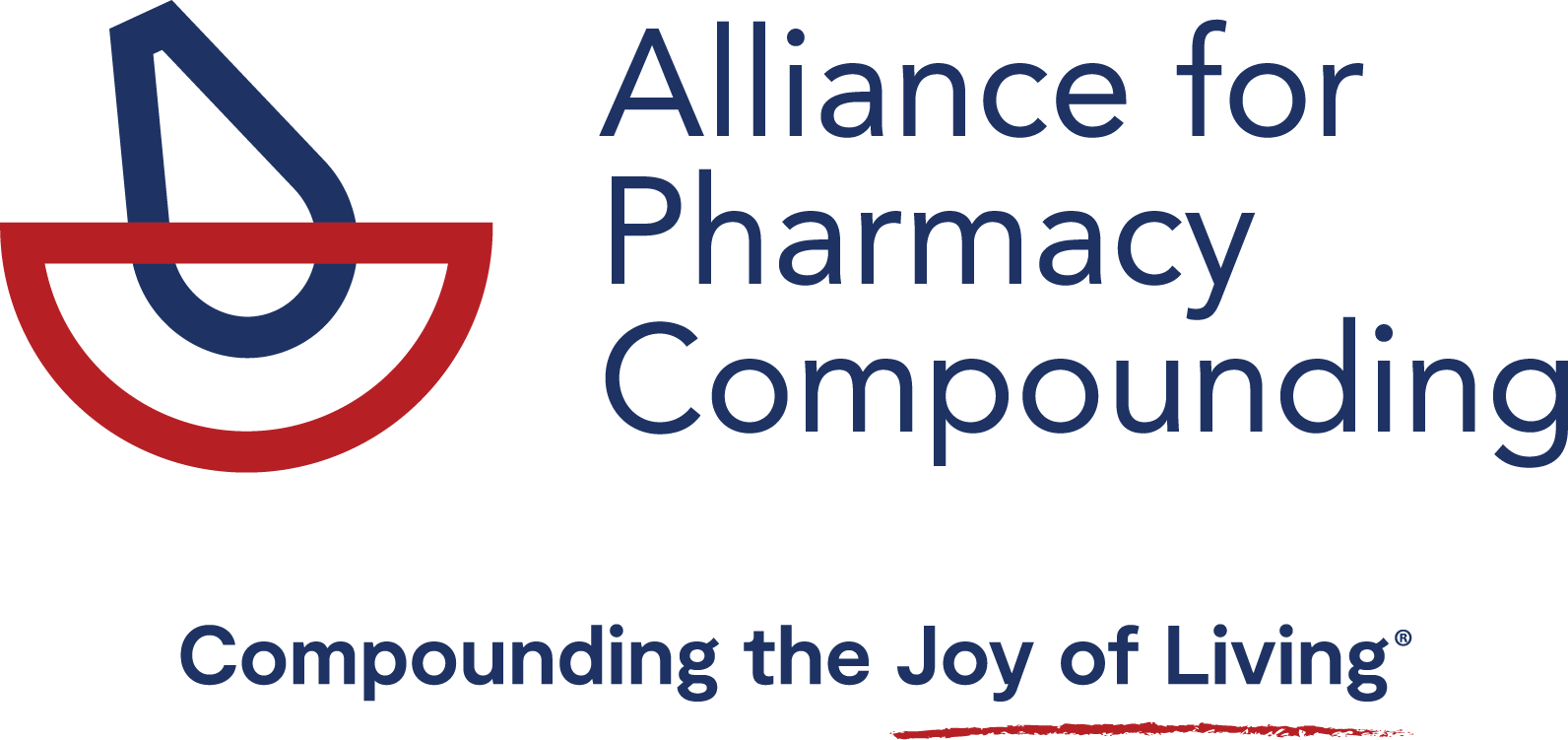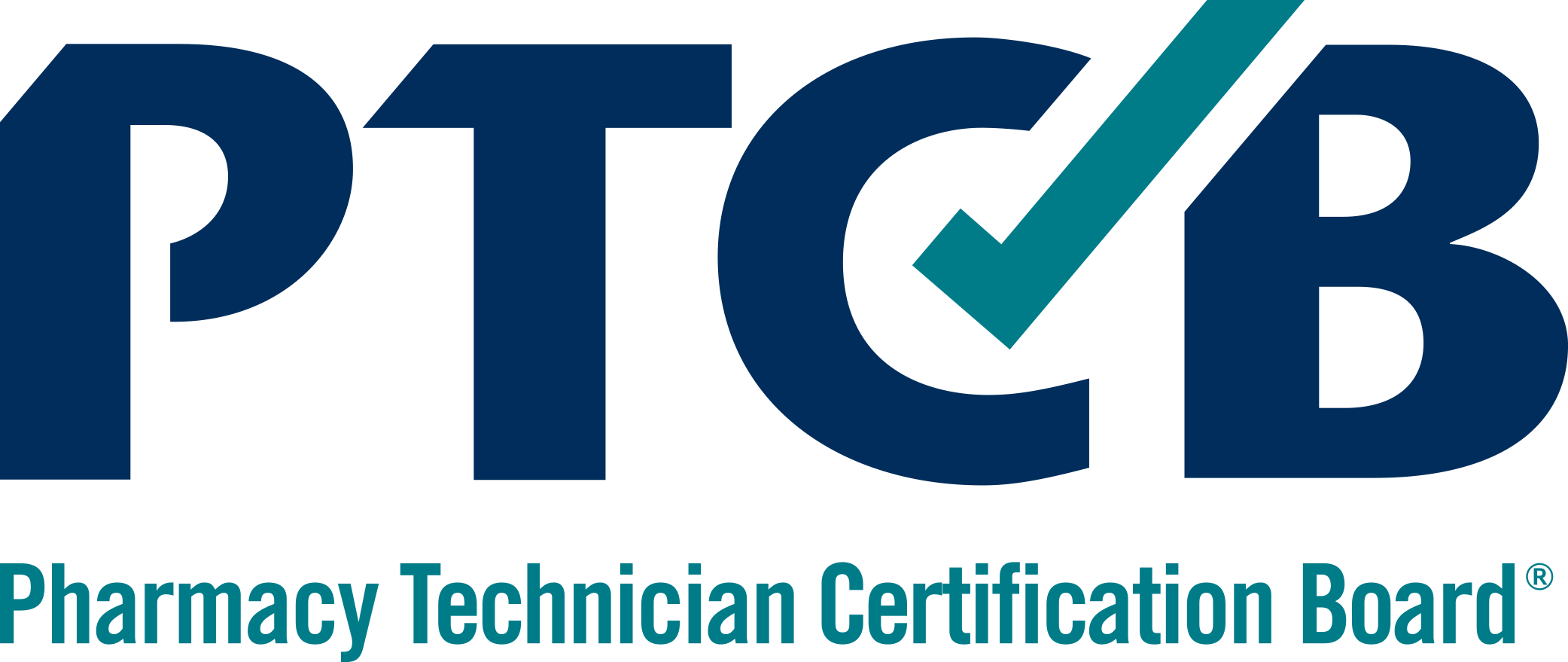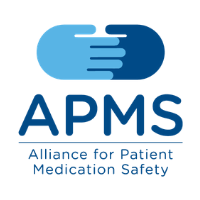November 4, 2022
Chapter <797> includes BUD, batch size restrictions
The revised USP Chapter <797> related to sterile compounding, released on Tuesday, includes restrictions on beyond-use dates and batch size for CSPs that APC and others had argued were not supported by scientific evidence. USP also released a revised Chapter <795>, related to non-sterile compounding.
“We’re disappointed but not surprised at the restrictions in <797>,” said APC President Dave Miller. “It was clear throughout the process that USP’s Compounding Expert Committee was pursuing arbitrary restrictions on BUDs and batches. What no one has been able to demonstrate, though, is how patients are made safer by these restrictions.”
In written comments and public presentations earlier this year, APC had urged CEC “to withstand pressures to implement arbitrary restrictions on batch size and Category 3 BUDs until it can clearly demonstrate the scientific basis for those restrictions and enunciate how patients are objectively better served by them. Not only will patients be harmed if [USP] proceeds in finalizing Chapter <797> with those restrictions, but so too will USP’s high reputation.”
That stance was echoed in comment letters to USP from APhA and NCPA.
“What they’ve done in effect is apply BUDs for the most unstable CSPs to all CSPs,” said pharmacist and APC Vice President Tenille Davis, who led APC’s Beyond-Use Date Task Force, which crafted APC’s comments on the proposed <797> revisions. “Reason would dictate that BUDs should be rooted in the properties of a particular CSP, rather than applying the most extreme case to all CSPs. If a stability study can support a BUD for a product, the pharmacy should be able to use that data instead of a one-size-fits-all BUD.”
Davis also notes that the arbitrary batch size limitation of 250 units in the new chapter will require more frequent entry into the clean room, increasing the potential for contamination. “If USP felt that a stronger system was needed for sterility assurance for larger batches and longer BUDs, then why didn’t they build it?” she asked.
“Ultimately, it’s our patients who are going to be disadvantaged by these restrictions,” said Miller. “They’re going to see decreased access, increased costs, and the need for more frequent refills on their medications. It’s beyond frustrating, because there were more effective approaches USP could have taken to address these issues.”
APC’s BUD Task Force will meet soon to review the new chapters in detail and develop guidance to assist our members in complying.
The chapters are available on USP’s website only to those who subscribe to the USP Compendium.






















![Topi-CLICK a Division of TEAM Outlines[1]](https://a4pc.org/files/Topi-CLICK-a-Division-of-TEAM-Outlines1.png)










